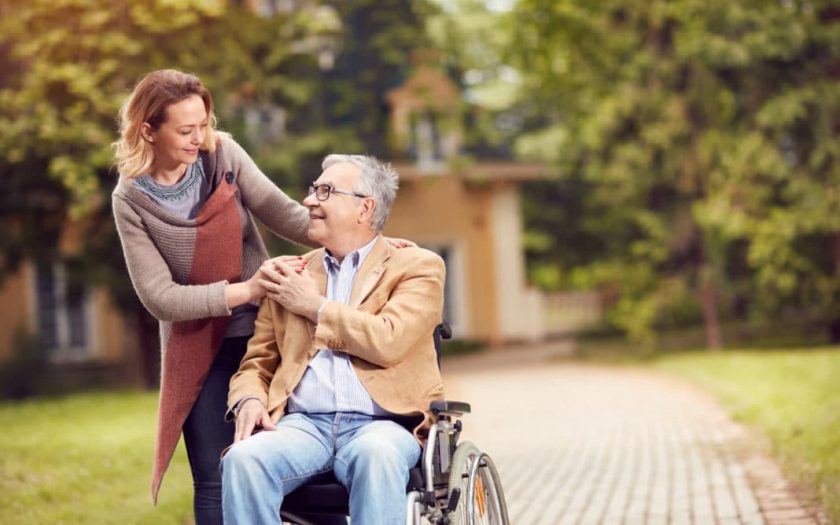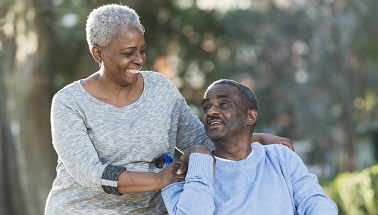According to Carers UK, more than 1 in 8 adults in the UK care for a family member or friend. This care is crucial to meet the needs of the growing population of older people and people with long-term conditions or disabilities, but the vital role often goes unrecognised.
Being a carer can be physically and emotionally draining, and can have an impact on a carer’s work, education, and health and wellbeing.
Using evidence from NICE guidance published before the COVID-19 pandemic, the new quality standard emphasises what local authorities and health and social care organisations can do to support carers.
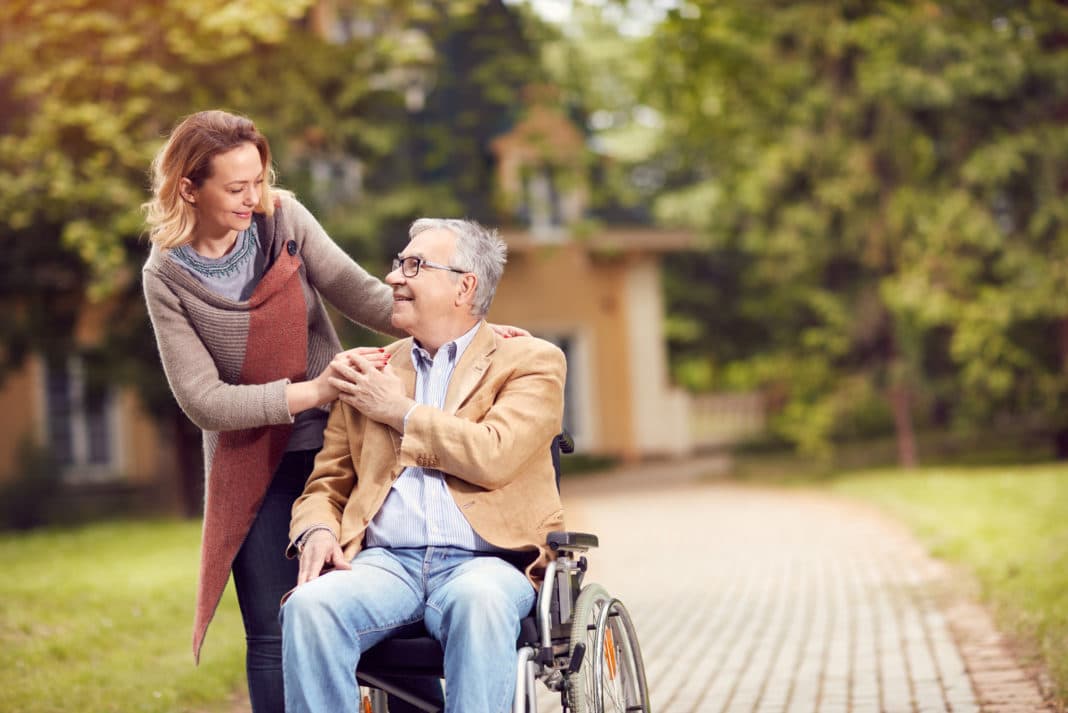
Quality statements include the need for practitioners to identify people who are unpaid carers and direct them to the advice and support that is available. Ensuring that carers are recognised as partners in the care of the person they are supporting can help them to become familiar with resources at an early stage, as well as their rights.
Further statements advise that carers should be involved in the care planning of the person they care for, with the person’s consent, so they can share information with practitioners and to make certain they are prepared and able to manage their caring responsibilities.
Additionally, the quality standard recommends that regular carers’ assessments take into consideration what matters most to a carer, such as wellbeing and social care needs, work, education or training, so that the appropriate support can be made available. The quality standard also emphasizes the value of regular breaks from caring.
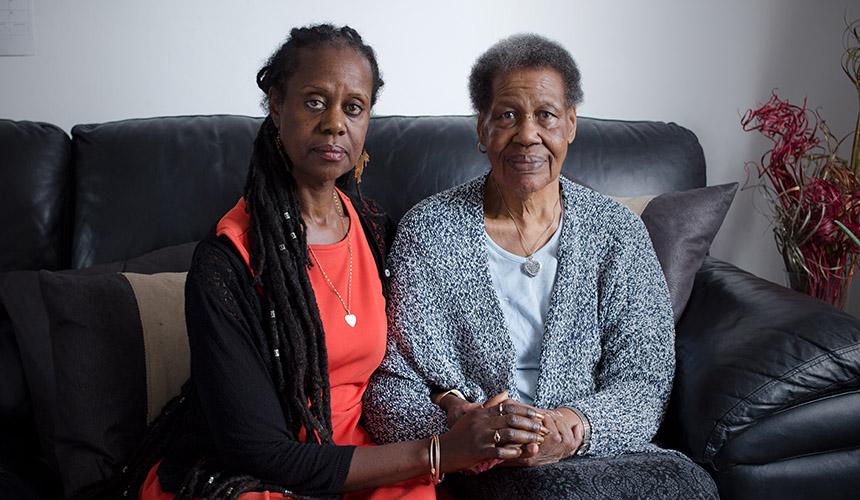
Finally, the quality standard advises employers to provide supportive working arrangements for carers. This might include flexible hours or providing a private space to take personal phone calls, as well as other initiatives that support mental wellbeing.
Prof Gill Leng, chief executive of NICE, said: “Carers play a critical role in the lives of millions of people across the country, and it is essential that this population is recognised. Our new quality standard highlights key areas of consideration for supporting and enhancing the caregiving experience, and ensuring that carers are aware of their rights, are connected to advocates, and are shown appreciation for the work they do to improve the lives of others.”
During the COVID-19 pandemic there may be more people providing unpaid care and their access to support and services may be limited.
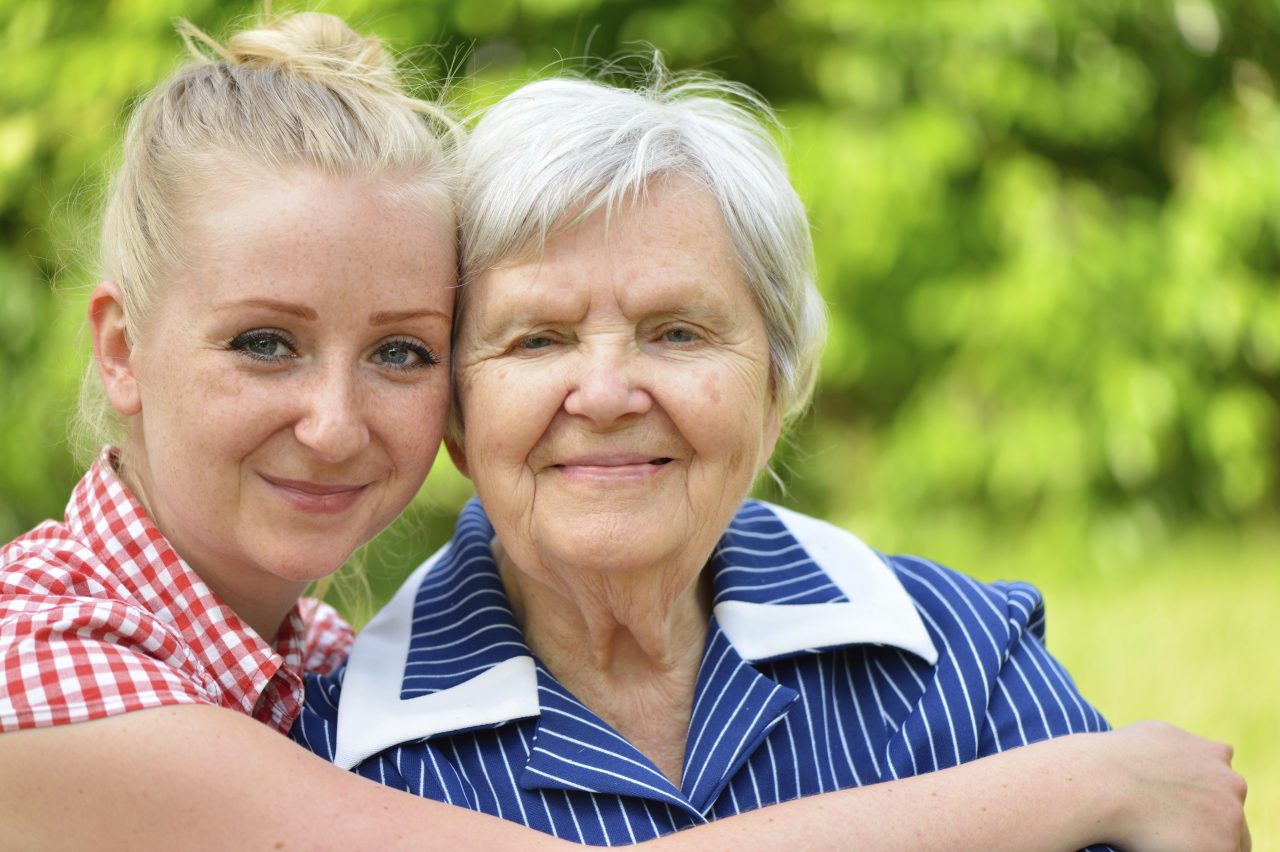
Prof Leng continued: “It will be important for health and social care organisations to adapt their approaches to implementing this quality standard to the COVID-19 context in order to ensure carers receive the support they need. Individuals acting as carers during the pandemic should also adhere to government advice on safety measures to follow when interacting with others.”
NICE quality standards set out the priority areas for quality improvement in health and social care. They cover areas where there is variation in care. Each standard is based on published NICE guidance and provides a set of statements to help the service improve quality as well as information on how to measure progress.
You can find the quality standard here.

